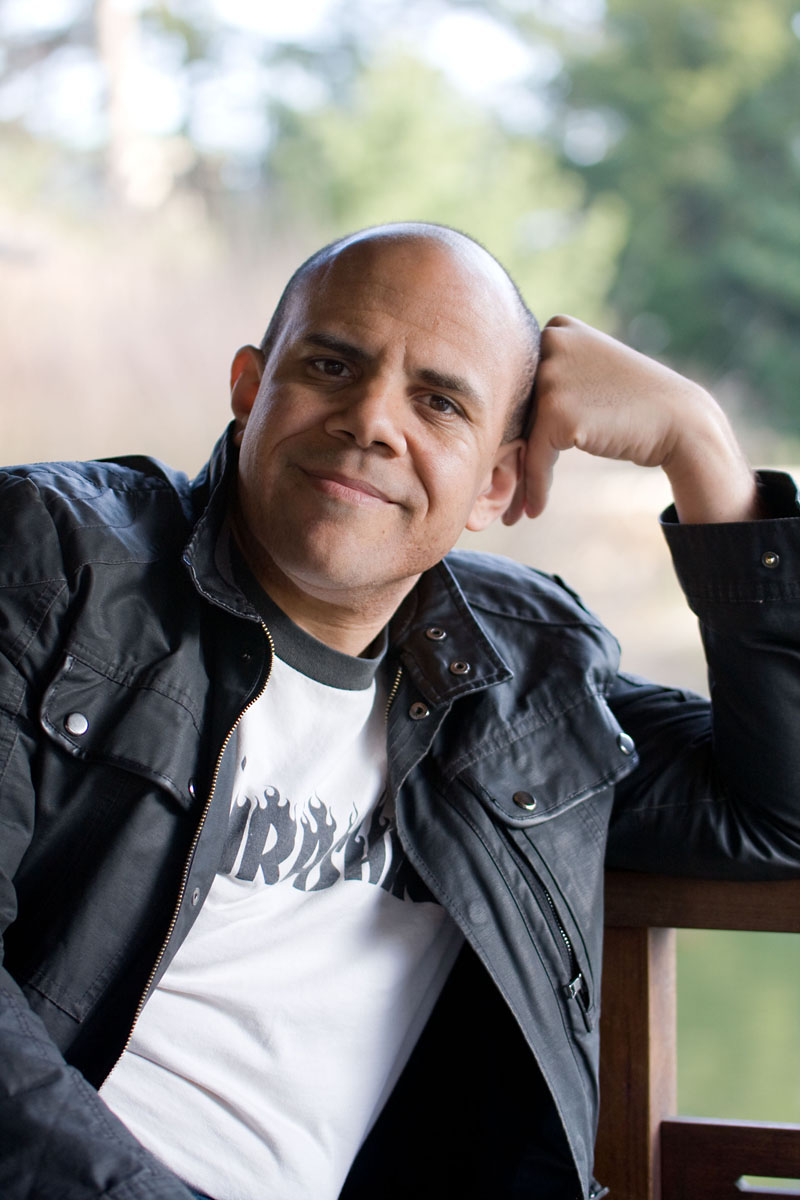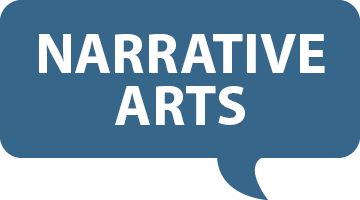Blog
Put the story first — journalist Steven Thrasher
 Today, a guest blog post from Steven Thrasher, a contributing editor at BuzzFeed and formerly a staff writer at the Village Voice. He was named Journalist of the Year in 2012 by the National Lesbian and Gay Journalists Association. Here, Steven discusses his approach to writing stories about big issues.
Today, a guest blog post from Steven Thrasher, a contributing editor at BuzzFeed and formerly a staff writer at the Village Voice. He was named Journalist of the Year in 2012 by the National Lesbian and Gay Journalists Association. Here, Steven discusses his approach to writing stories about big issues.
In writing long-format feature stories, I’ve found that the best way to tackle “important issues” or policy that could easily be “DBI” (Dull But Important) is, to a certain extent, not to think about them as “about anything” but to deal with them largely as stories. If I begin with looking at a story as a story—with interesting characters and a beginning, middle and end—then I can flesh out the social, economic or policy issues via the story at hand, rather than by trying to make something uninteresting suddenly interesting.
An example is when I wanted to write about homeless LGBT youth in New York City. The issue is that there were less than 200 shelter beds for homeless young people in New York City, while there are several thousand homeless youth (who are disproportionately LGBT). It is, at the end of the day, a funding story: were the City of New York, the State of New York, and the United States government to spend enough money, it would be easily fixed. Funding stories are pretty dry stuff to readers, and it’s hard to get them invested. So, after interviewing several homeless kids, I framed the story around their challenges in staying in a homeless shelter that had massive problems. That way, I placed the reader in the experience of the homeless teens, avoiding dry issues government oversight and funding. (And, I’m proud to say, after my story appeared in the New York Times, city and state oversight immediately began, and public budgets for youth homelessness increased the following year.)
I generally find that it is good to think of stories as stories, nothing more or less. I try not to think of them as “important stories” or “issues” or polemics. If I can tell a good story, I can weave politics, ideas or issues organically into it. But first and foremost, it has to be a story.
